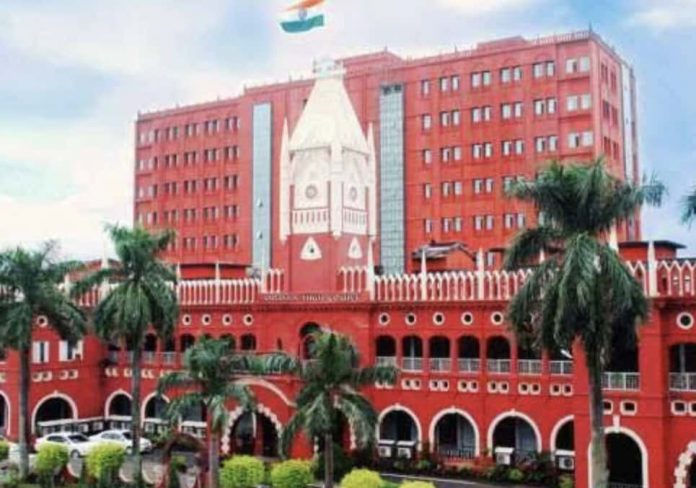New Delhi: The Orissa High Court has granted bail to an accused in a case falling within the Narcotic Drugs and Psychotropic Substances Act, 1985, by applying the ‘doctrine of parity.’ The court, in its order, explained that it was forced to disregard its “no-tolerance approach” in this particular case, because the co-accused in this case, one who was actually the main culprit, had already been granted bail.
A single judge bench of Justice S. K. Panigrahi passed the order on a plea filed the bail under Section 439 of Cr.P.C, in connection with a pending case in the court of the sessions judge in Bolangir. The petitioner is the accused in connection with alleged three commissions of offences punishable under Sections 21(c) and 29 of the N.D.P.S. Act.
The appellant was allegedly transporting medicinal products, actually intended to be sold off as narcotics. The two vehicles loaded with 5,920 bottles containing 1kg 184gm of Codeine Phosphate were apprehended by the SI of Police, Sadar P.S., Bolangir. Five people in those vehicles were also detained. The bottles were basically cough syrup, but the quantity of Codeine Phosphate in them was more than the recommended commercial quantity.

The police said that the occupants of the vehicles failed to produce any invoice, licence or authority in support of possession of the cough syrup bottles (Codeine Phosphate) marked as Schedule ‘H’ category drugs. It was also submitted that the accused confessed of not carrying any drug license and the cough syrups were sold to different customers for the purpose of intoxication rather than for therapeutic use which leads to apparent fillip in the drug trade.
It was observed that the apex court has iterated that taking a liberal approach is uncalled for while exercising the power to grant bail in cases under the NDPS Act. It was further mentioned that Section 37(1)(b)(ii) provides two conditions, that where the public prosecutor opposes the application, the court should grant bail only when it is satisfied that there are reasonable grounds for believing that the accused is not guilty of such offence and that he is not likely to commit any offence while on bail.
The top court has further observed: “While strict liability provisions of the NDPS Act are considered deterrent, application of these provisions has not resulted in high punishment. Despite strict provisions, the recorded crime rate under the NDPS Act has increased in the country more during the last ten years. It is also equally disturbing to note that there is a disparate sentence in such cases which is quite contrary to the notion of graded punishment prescribed under the law, as similar drug quantities witness varying degrees of sentences. The lack of uniform sampling procedures adds to the overall inconsistency in sentencing for drug cases, more especially in pharmaceutical drugs like cough syrup containing Codeine Phosphate. This kind of ambiguity in the application of the law with regards to most drug abuse cases in the country still persists.”
“As a negatively-defined category, intermediate quantity cases receive disparate sentences, due to the wide range of punishments available to a judge together with a lack of sentencing guidelines,” said the court, adding, “This sort of inconsistencies problematises and affects the conviction rate in such crimes. But this case presents a clear picture of recovery of commercial quantity.”
Read Also: Plea in Delhi HC seeks financial help for lawyers and extension of loan periods for a year
Hence, in this particular case, the court “is painstakingly deviating from its ‘No-tolerance approach’ because of the fact that the co-accused, who was placed quite worse than the present petitioner has been enlarged on bail. Thus, the present bail application is allowed solely on the basis of parity.”
Read the order here;
display-pdf-1-1– India Legal Bureau


